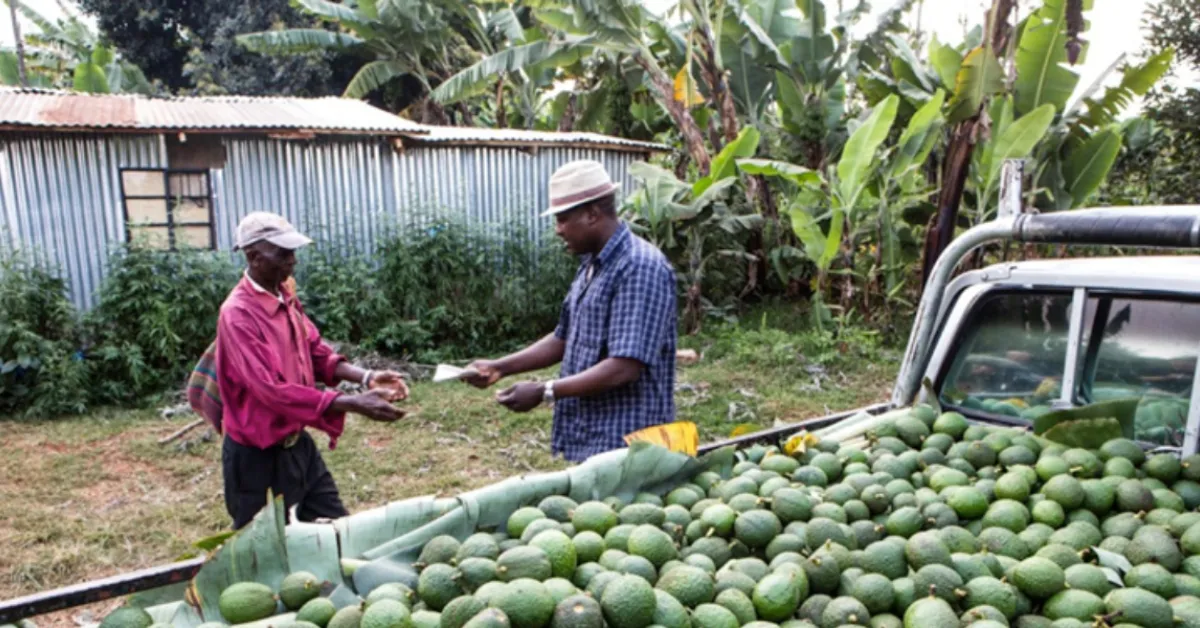Kenya's Avocado Boom Creates Wave of Rural Millionaires

Kenya’s avocado industry is experiencing rapid growth, transforming the economic landscape for smallholder farmers as global demand for the fruit surges.
In 2024, avocado exports generated $159 million in revenue, an 11% increase from the previous year, reflecting the escalating value of this increasingly vital commodity. Kenya has emerged as a significant player in the global avocado market, ranking as the world’s sixth-largest producer. Although production dipped from 633,000 metric tonnes in 2023 to 562,000 metric tonnes in 2024 due to adverse weather, the United States Department of Agriculture (USDA) projects a recovery to 585,000 metric tonnes in 2025.
This rebound is expected to be driven by enhanced agricultural practices and expanded cultivation areas. The allure of avocados is prompting many Kenyan farmers to transition away from traditional cash crops such as tea and coffee, seeking the higher profitability offered by the fruit. Smallholder farmers, who constitute approximately 70% of Kenya’s 966,000 avocado growers, are particularly benefiting from this shift.
Despite cultivating less than an acre of land on average, these farmers are witnessing substantial financial improvements, supported by government initiatives that provide high-quality seedlings, training programs, and subsidized inputs. Murang’a County is at the forefront of this agricultural transformation, accounting for around 32% of the national avocado production value. The success in this region is largely attributed to the establishment of cooperative societies, which directly link farmers with exporters and ensure adherence to international quality standards.
This model not only improves market access but also empowers farmers to negotiate better prices, thereby increasing their incomes and overall living standards. Kisii County, characterized by its favourable climate, has also become a key production hub, especially for the Hass avocado variety. Consistent rainfall in Kisii allows farmers to seamlessly integrate avocado cultivation into their existing agricultural practices, delivering significant benefits to local economies.
Increased earnings from avocado farming are being reinvested into essential sectors such as education and healthcare, contributing to an improved quality of life for community members. In Nakuru County, enhanced infrastructure and improved market accessibility have stimulated a surge in avocado farming. The county’s diverse agro-climatic zones facilitate year-round production, solidifying its importance in the national avocado supply chain.
Other counties, including Nyeri, Kiambu, Trans Nzoia, Kirinyaga, Nyamira, Nandi, Uasin Gishu, Meru, and Embu, are also significant contributors to Kenya’s avocado output, leveraging their unique climatic advantages. The fertile volcanic soil in Nyeri and Kiambu, combined with the higher altitudes of Uasin Gishu, provide optimal growing conditions for avocados.
Kenyan avocado farmers are increasingly focused on export markets in Europe and the Middle East. In 2024, the Netherlands emerged as the leading importer of Kenyan avocados, absorbing 32% of total exports. To meet this rising demand, farmers are adopting modern agricultural techniques, including improved irrigation and pest control methods, which result in higher yields and enhanced produce quality.
Despite facing challenges such as climate variability and competition from established avocado producers in Mexico and Peru, the Kenyan avocado industry demonstrates resilience. Farmers are optimistic about the future and are reinvesting profits to expand production.














Add new comment